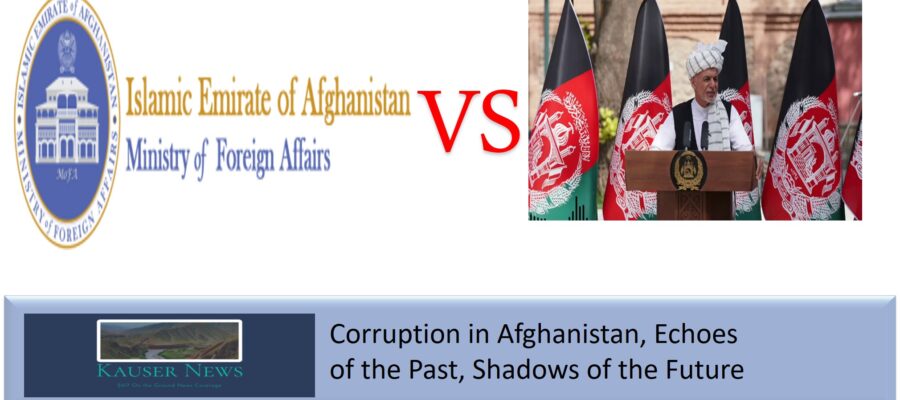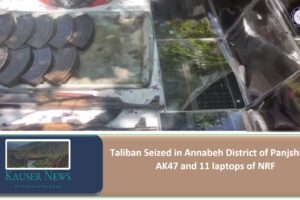Corruption in Afghanistan has been a persistent problem, casting a long shadow over the country’s development and stability. While the nature of the issue might differ under the current Taliban regime compared to the past 20 years, the fight against it remains crucial for Afghanistan’s future.
Past 20 Years: A Complex Web of Corruption in the two decades following the US-led intervention saw Afghanistan grapple with widespread corruption, rooted in various factors. A weak central government, porous borders, and a culture of impunity created fertile ground for bribery, embezzlement, and patronage networks. Corruption permeated various sectors, from procurement contracts to land grabs, siphoning funds away from vital services like healthcare and education.
Post-Taliban Takeover: A New Landscape, Familiar Challenges The Taliban’s return in 2021 brought a significant shift in Afghanistan’s political landscape. The new regime has pledged to combat corruption, emphasizing its brand of strict Islamic governance. The lack of transparency, accountability mechanisms, and independent oversight raises concerns about potential power abuses and informal corruption practices within the Taliban itself.
Shifting Shades of Corruption: From Kleptocracy to Patronage, While the grand-scale corruption scandals of the past might have diminished, the nature of corruption under the Taliban has arguably shifted. Patronage networks and nepotism within the Taliban ranks seem to be playing a larger role, with access to resources and positions often determined by loyalty and personal connections rather than merit. This can stifle competition, and innovation, and ultimately hinder Afghanistan’s long-term progress.
The Looming Shadow of Impunity, one of the biggest challenges in tackling corruption under both the past government and the Taliban is the issue of impunity. Powerful individuals and groups often enjoy immunity from prosecution, creating a climate where corruption thrives. Without effective accountability mechanisms, even sincere efforts to combat corruption may struggle to gain traction.
A Glimmer of Hope: The Fight for Transparency and Accountability, Despite the challenges, there are glimmers of hope. Afghan civil society organizations and activists continue to fight for transparency and accountability, demanding good governance from both the past and the present regimes. The international community, though currently playing a limited role, can also support efforts to strengthen independent institutions and promote anti-corruption initiatives




